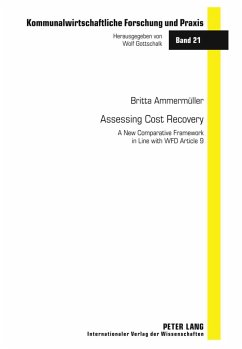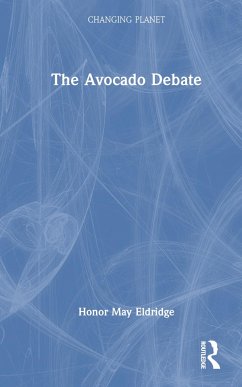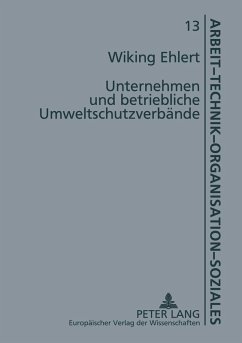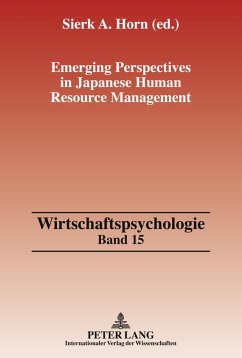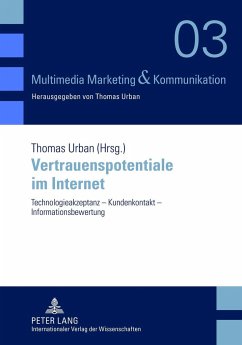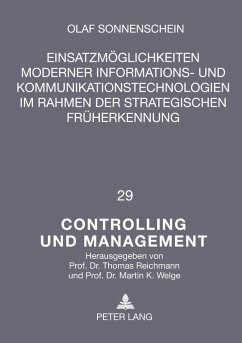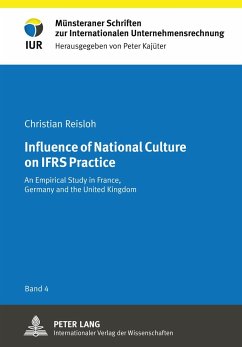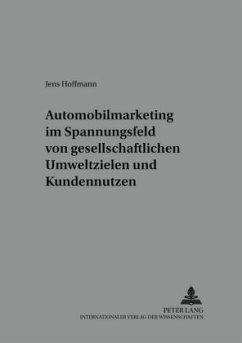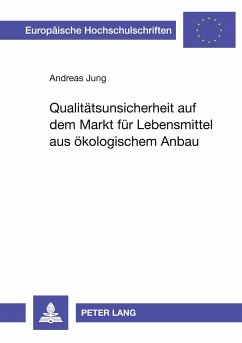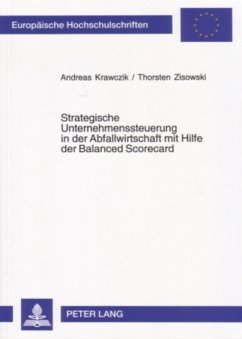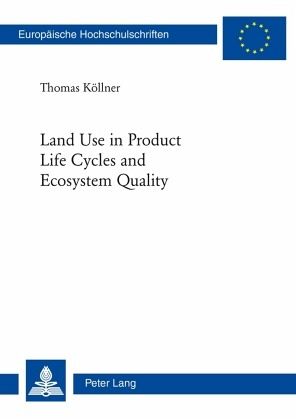
Land Use in Product Life Cycles and Ecosystem Quality
Versandkostenfrei!
Versandfertig in 6-10 Tagen
108,45 €
inkl. MwSt.

PAYBACK Punkte
0 °P sammeln!
Life Cycle Assessment (LCA) is widely used for environmental planning and decision-making. However, land use and its consequences for ecosystem quality still are not adequately taken into account in LCA. Land use is an economic activity that generates large benefits for human society. As a side effect it has caused many environmental problems such as endangerment of species, nutrification of lakes and rivers, loss of fertile soil, and impact on landscapes' aesthetics. All of these impacts put pressure on the regional ecosystem quality. This book focuses on biodiversity, which is conceptualised...
Life Cycle Assessment (LCA) is widely used for environmental planning and decision-making. However, land use and its consequences for ecosystem quality still are not adequately taken into account in LCA. Land use is an economic activity that generates large benefits for human society. As a side effect it has caused many environmental problems such as endangerment of species, nutrification of lakes and rivers, loss of fertile soil, and impact on landscapes' aesthetics. All of these impacts put pressure on the regional ecosystem quality. This book focuses on biodiversity, which is conceptualised as an important part of ecosystem quality. A method for assessing land use impacts on biodiversity is developed and the general method is made operable using empirical information on species diversity. The developed set of characterisation factors EDPsp-div for different land use types can be easily integrated in damage oriented methods of Life Cycle Impact Assessment. A case study on food products shows the application of the method.



